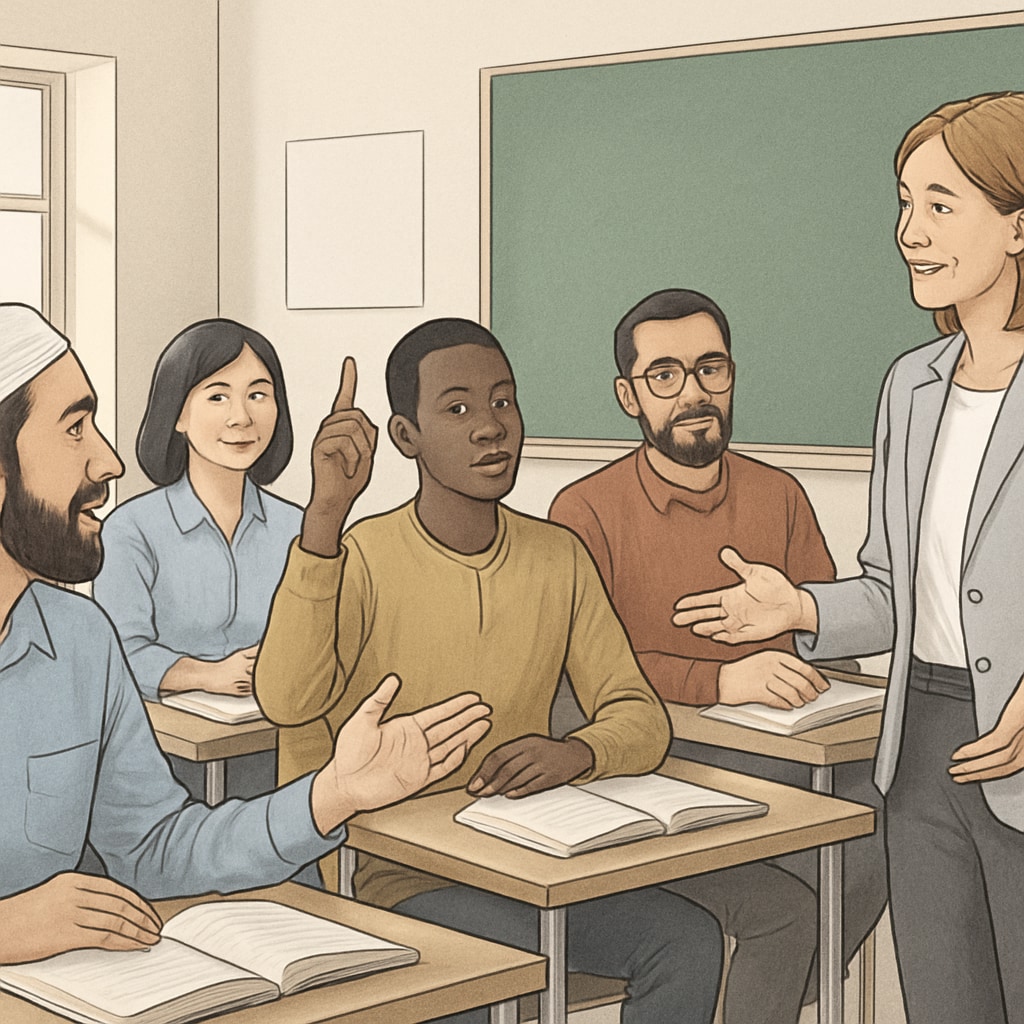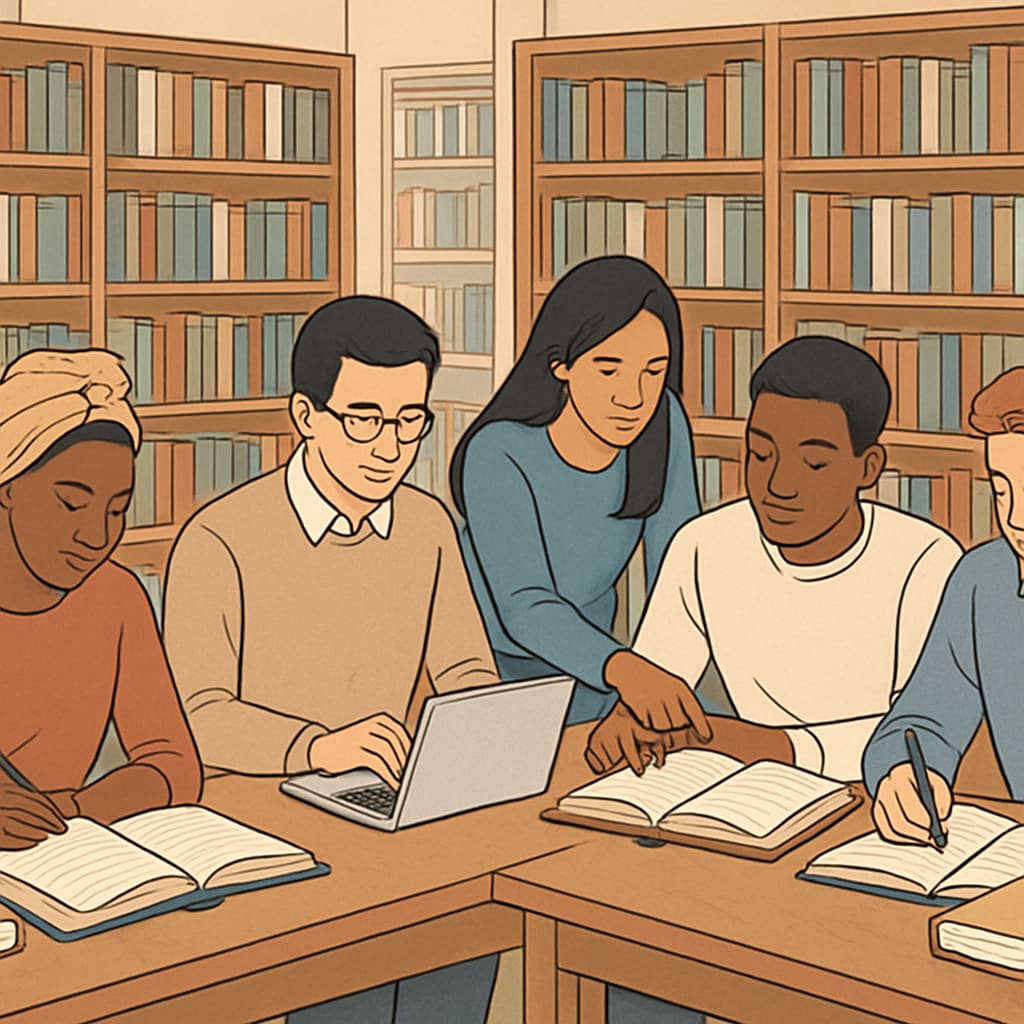Adult education, cultural adaptation, and foundational knowledge are essential components for international students stepping into Western culture and education systems. As adult learners face unique challenges, including language barriers, cultural differences, and unfamiliar teaching methods, finding the right solutions can transform their experience and ease their transition into a new environment. This guide explores practical strategies to help international students adapt successfully, with a focus on tailored adult education programs, community resources, and personalized learning paths.
Understanding the Need for Cultural Adaptation in Adult Education
International students often encounter cultural and educational differences that require them to adjust quickly. For instance, Western educational systems typically emphasize critical thinking, student participation, and independent learning—approaches that might differ significantly from their home countries. Adult learners may also juggle work, family, and education simultaneously, making their adaptation process even more complex.
To address these challenges, adult education programs designed for international students provide a structured way to learn foundational skills while gaining cultural awareness. Such programs integrate language training, cultural orientation, and academic support to create a comprehensive learning experience.

How to Find the Right Adult Education Programs
Choosing the right education program is a critical step in adapting to new cultural and academic norms. Here are some tips for identifying suitable courses:
- Look for culturally sensitive programs: Seek out courses that acknowledge and respect cultural diversity while teaching Western educational methods.
- Focus on foundational knowledge: Programs offering language proficiency, soft skills, and basic academic knowledge can lay the groundwork for success.
- Explore online and hybrid options: Online platforms often provide flexible schedules and resources, making them ideal for adult learners balancing multiple responsibilities.
For example, many community colleges and universities in Western countries offer adult education programs specifically tailored to international students. These programs often include mentorship opportunities and workshops to further aid cultural and academic integration.

Utilizing Community Resources for Cultural Integration
In addition to formal education programs, leveraging community resources can significantly enhance the cultural adaptation process. Community centers, libraries, and local organizations often host workshops, language classes, and cultural events that provide valuable opportunities for learning and social interaction.
Here are some examples of community resources that international students can utilize:
- Public libraries: Many libraries offer free access to books, language learning software, and workshops tailored to adult learners.
- Community centers: These centers often host events and programs focused on cultural exchange and skill development.
- Local non-profits: Organizations dedicated to immigrant and refugee services frequently provide support tailored to international students.
By actively participating in these community resources, students can not only improve their language skills and cultural understanding but also build networks that support their academic and personal growth.
Creating a Personalized Learning Path
Every adult learner has unique goals and challenges, making personalized learning essential for success. International students can create tailored learning paths by combining formal education, community resources, and self-directed study.
Here are steps to build an individualized approach:
- Set clear goals: Define specific objectives, such as improving language proficiency, mastering academic skills, or gaining cultural knowledge.
- Combine resources: Integrate formal education programs with community-based learning opportunities and online tools.
- Track progress: Regularly evaluate achievements and adjust the plan based on evolving needs and challenges.
Personalized learning empowers international students to navigate the complexities of adapting to Western culture while addressing their individual needs effectively.
In conclusion, adult education tailored for cultural adaptation plays a vital role in supporting international students. By selecting the right programs, utilizing community resources, and creating personalized learning paths, these learners can overcome challenges and integrate successfully into Western educational and cultural systems.
Readability guidance: Use clear language, short paragraphs, and lists to simplify complex ideas. Incorporate over 30% transitional phrases for smooth flow while maintaining active voice and concise sentences.


